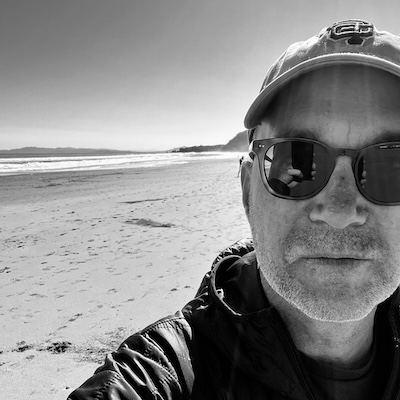jonathan rosenberg posted a 4,400 word rorschach test
Jonathan Rosenberg, Google:
There are two components to our definition of open: open technology and open information. Open technology includes open source, meaning we release and actively support code that helps grow the Internet, and open standards, meaning we adhere to accepted standards and, if none exist, work to create standards that improve the entire Internet (and not just benefit Google). Open information means that when we have information about users we use it to provide something that is valuable to them, we are transparent about what information we have about them, and we give them ultimate control over their information.
Google talks a lot about openness and their commitment to open source software. What they are really doing is practicing a classic business strategy known as “commoditizing the complement“. Google makes 99% of their revenue by selling text ads for things like plane tickets, dvd players and malpractice lawyers. Many of these ads are syndicated to non-Google properties. But the anchor that gives Google their best “inventory” is the main search engine at Google.com. And the secret sauce behind Google.com is the algorithm for ranking search results. If Google is really committed to openness, it is this algorithm that they need to open source.
When I say the Twitter API may be an open standard, I mean something different than when Jonathan Rosenberg says Google likes open standards. I mean it’s open in that anyone can implement it now. A smart developer can implement the Twitter API in a matter of weeks. Rosenberg means that the process of defining the standard is open. He would start a process to define a standard that in two or three years a team of 20 programmers could implement in another two or three years. Those are the kind of results that his version of “open” delivers.
It all sounds great and Google certainly is a champion of open systems with Android and Chrome and countless other projects. Google is making a very public effort to claim the mantle of openness. But the battle for this mantle has been going on for a long time. Two years ago, I wrote a post titled “Who Is The Opennest Of Them All?”. What I noted then bears repeating. (…)
Open intent is great. No person or business should need to or advertise being open. But if you are as big as Tiger Woods, Google, or Goldman Sachs you are best to just leave the subject alone and just be great at what you do. Or buy your damn stock back, and talk about how closed you can be. That would be cool too.
UPDATE: And John Gruber:
It’s the biggest pile of horseshit I’ve ever seen from Google.
